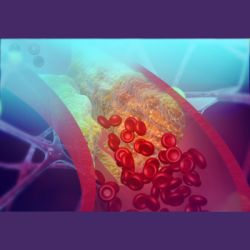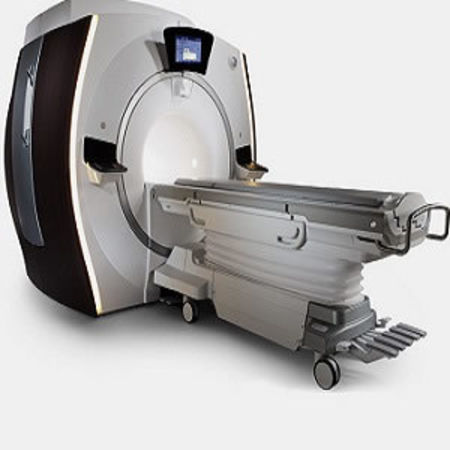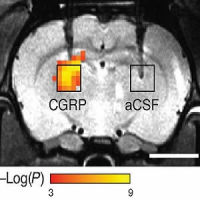According to new findings presented at the annual meeting of the Radiological Society of North America (RSNA), the use of multiple brain imaging techniques helped find a disruption of the circuitry in the brain's cognitive-emotional pathways. This could provide a foundation for depression symptoms in solders who have suffered mild traumatic brain injury (mTBI) in combat.
Statistics from the Defense and Veterans Brain Injury Center show that nearly 352,619 service members have been diagnosed with TBI worldwide. A large majority of these suffer from mTBI. Other psychiatric disorders such as anxiety and major depressive disorders are also quite common among military personnel who suffer from brain injuries.
During this study the researchers used two MRI techniques - diffusion weighted imaging (DWI) and resting-state functional MRI (fMRI) on 130 active male service members who had been diagnosed with mTBI and 53 men without mTBI. Patients were assessed on the basis of the Beck Depression Inventory (BDI) where a score greater than 20 was classified as moderate to severe depression.
Results showed that 75 of patients with mTBI had moderate to severe depressive symptoms. The MRIs revealed that the white matter tracts were disrupted in patients who demonstrated symptoms of depression.
Ping-Hong Yeh, Ph.D., scientist and physicist at the National Intrepid Center of Excellence, Walter Reed National Military Medical Center in Bethesda, Md explains that with these techniques, it is possible to link the connectivity changes in the brain to emotional processing and greater maladaptive rumination or worrying.
"We found consistencies in the locations of disrupted neurocircuitry as revealed by DWI and resting-state fMRI that are unique to the clinical symptoms of mTBI patients," Dr. Yeh said. "We have related the brain structural and functional changes in cognitive-emotional networks to depressive symptoms in mTBI patients."
Iphigenia Papaioanou
Editorial Project Director
HealthManagement
Source: RSNA
Image Credit: RSNA
Image Credit: RSNA
Latest Articles
#RSNA16, Depression, Brain Injury, MRI, RSNA 2016
According to new findings presented at the annual meeting of the Radiological Society of North America (RSNA), the use of multiple brain imaging techniques helped find a disruption of the circuitry in the brain's cognitive-emotional pathways



























